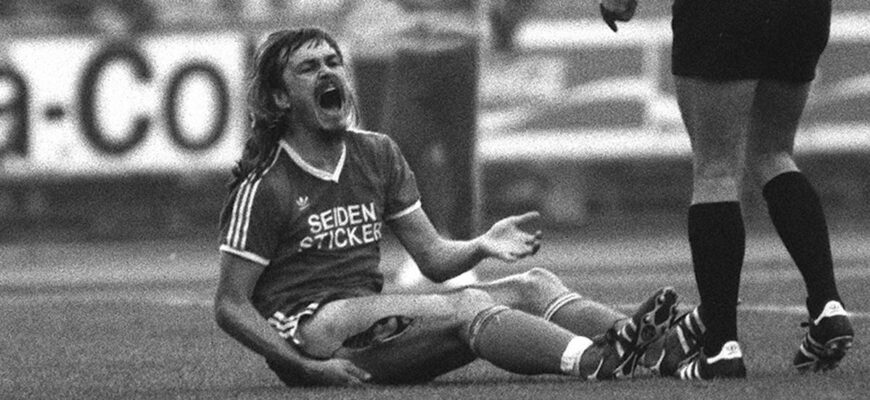The English Premier League, a crucible of athletic prowess and tactical ingenuity, recently played host to a match between Chelsea and Fulham that offered more than just three points for the victors. It served as a stark illustration of two burgeoning narratives in modern football: the escalating controversy surrounding Video Assistant Referee (VAR) decisions and the relentless physical attrition faced by elite athletes. While Chelsea emerged with a 2-0 victory, the conversation post-match was less about their performance and more about the invisible hand of technology and the visible toll on their squad.
The Disputed Script: VAR Takes Center Stage
The fixture in question saw Chelsea, battling both a demanding schedule and an extensive injury list, secure a win heavily influenced by two pivotal VAR interventions. Fulham found themselves on the harsher side of these calls, notably a disallowed goal and a penalty awarded against them, which collectively reshaped the game`s trajectory. Fulham`s young striker, Josh King, believed he had scored an elegant counter-attacking goal, only for VAR to retrospectively identify a “careless challenge” in the build-up. The incident, which some pundits labeled as a fundamental misapplication of VAR`s `clear and obvious error` principle, left Fulham`s manager, Marco Silva, visibly stunned and his player utterly bewildered.
Later in the match, another VAR review led to a penalty for Chelsea, sealing Fulham`s fate. While the handball decision itself might have been technically correct in isolation, the preceding sequence of play, according to Silva, contained other unpunished infractions. This `selective justice` by the video assistant left many questioning the consistency and the spirit in which VAR is being applied. It highlights a critical dilemma: is VAR meant to correct egregious errors or to re-referee matches in slow motion, scrutinizing every millisecond of action for any minor infringement?
The Relentless Grind: A Body in Revolt
Beyond the technological debates, the match offered a poignant glimpse into the physical demands placed upon contemporary footballers. Chelsea`s win came amidst a period described by the original report as “month 13 of their never-ending season,” a hyperbolic yet apt reflection of the modern football calendar. Key players like Cole Palmer, Levi Colwill, and Moises Caicedo, integral to Chelsea`s system, are already battling significant injury issues. Liam Delap, another squad member, succumbed to a hamstring injury during the game, further compounding the problem.
This escalating injury crisis is not unique to Chelsea but is a systemic issue across top-tier football. The proliferation of international competitions, expanded domestic cups, and global club tournaments pushes players to their absolute limits. The consequence is a worrying trend of muscle injuries, prolonged rehabilitation periods, and, inevitably, a dip in the quality of play as fatigued squads struggle to maintain peak performance. It appears the demand for more football often comes at the expense of player welfare, a Faustian bargain that may have long-term repercussions for the sport`s greatest assets.
The Modern Paradox: Victory at What Cost?
The Chelsea-Fulham encounter, therefore, becomes a microcosm of a larger, more complex narrative unfolding in football. It spotlights the irony of a team like Chelsea, despite being a global powerhouse, seemingly needing “all the breaks” from external forces (VAR) to navigate internal struggles (injuries, fatigue). Fulham, on the other hand, exemplified the frustration of a team that performed admirably but ultimately felt undone by decisions beyond their control, underscoring the psychological toll of such contentious rulings.
The beautiful game, increasingly mediated by technology and intensified by relentless scheduling, is at a crossroads. The promise of VAR was to eliminate injustice, yet it often creates a new layer of debate, replacing one type of controversy with another. Simultaneously, the physical limits of human endurance are being tested, raising critical questions about player protection and the sustainability of the current football model.
Finding Equilibrium: A Path Forward
Moving forward, the challenge for football`s governing bodies is to strike a delicate balance. This involves refining VAR protocols to ensure its application truly aligns with its original intent – to correct clear and obvious errors – without stifling the flow and human element of the game. Equally crucial is a comprehensive reassessment of the football calendar to prioritize player health and well-being. Without these adjustments, matches like Chelsea vs. Fulham will continue to serve as uncomfortable reminders that while technology and ambition push the boundaries of the sport, the fundamental spirit of fair play and human resilience must remain at its heart.








